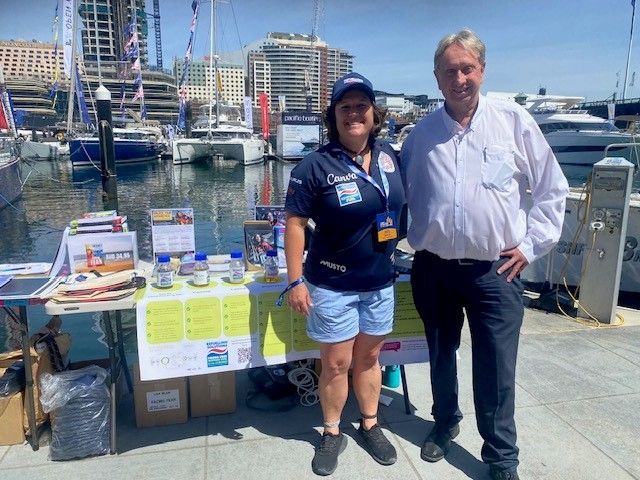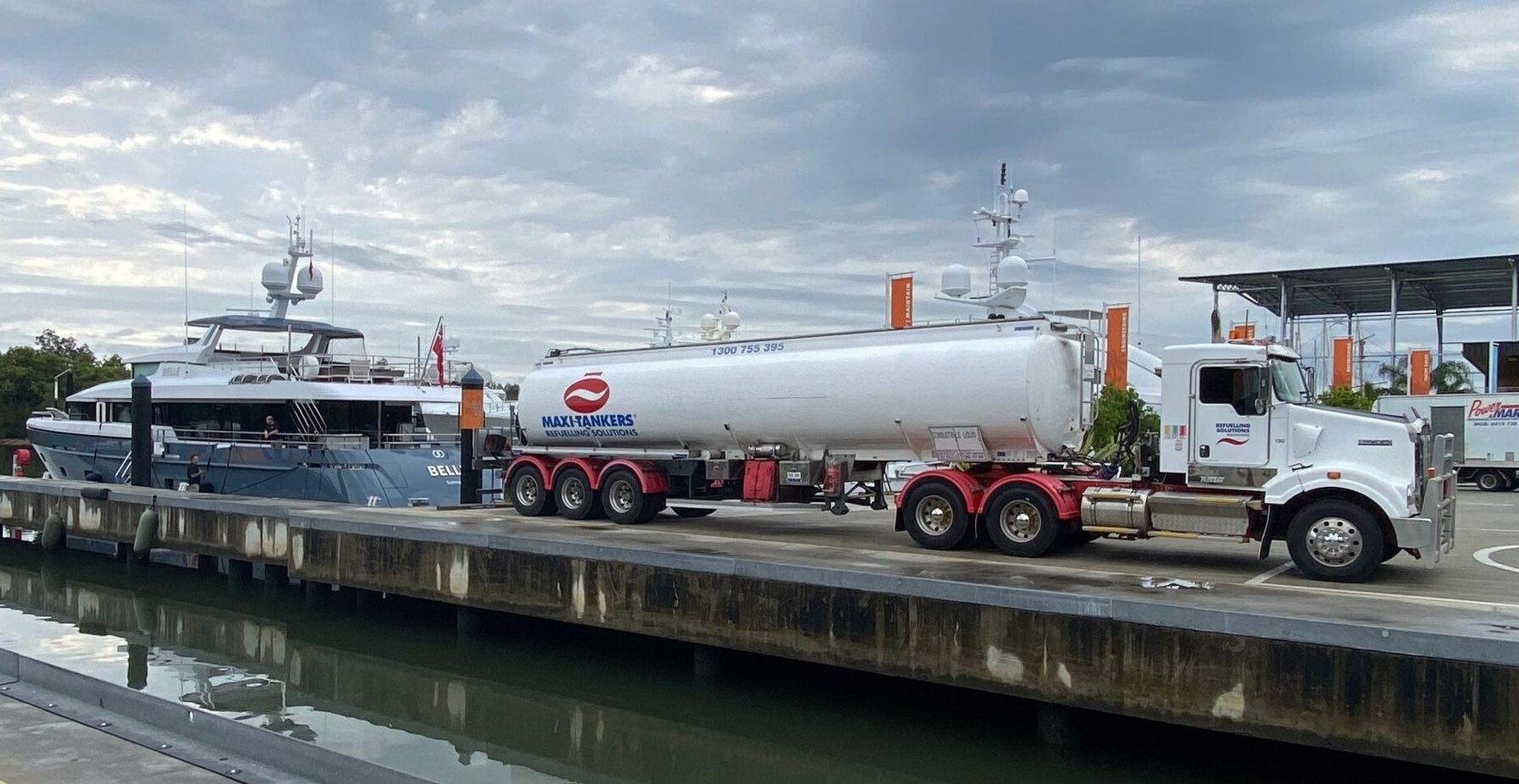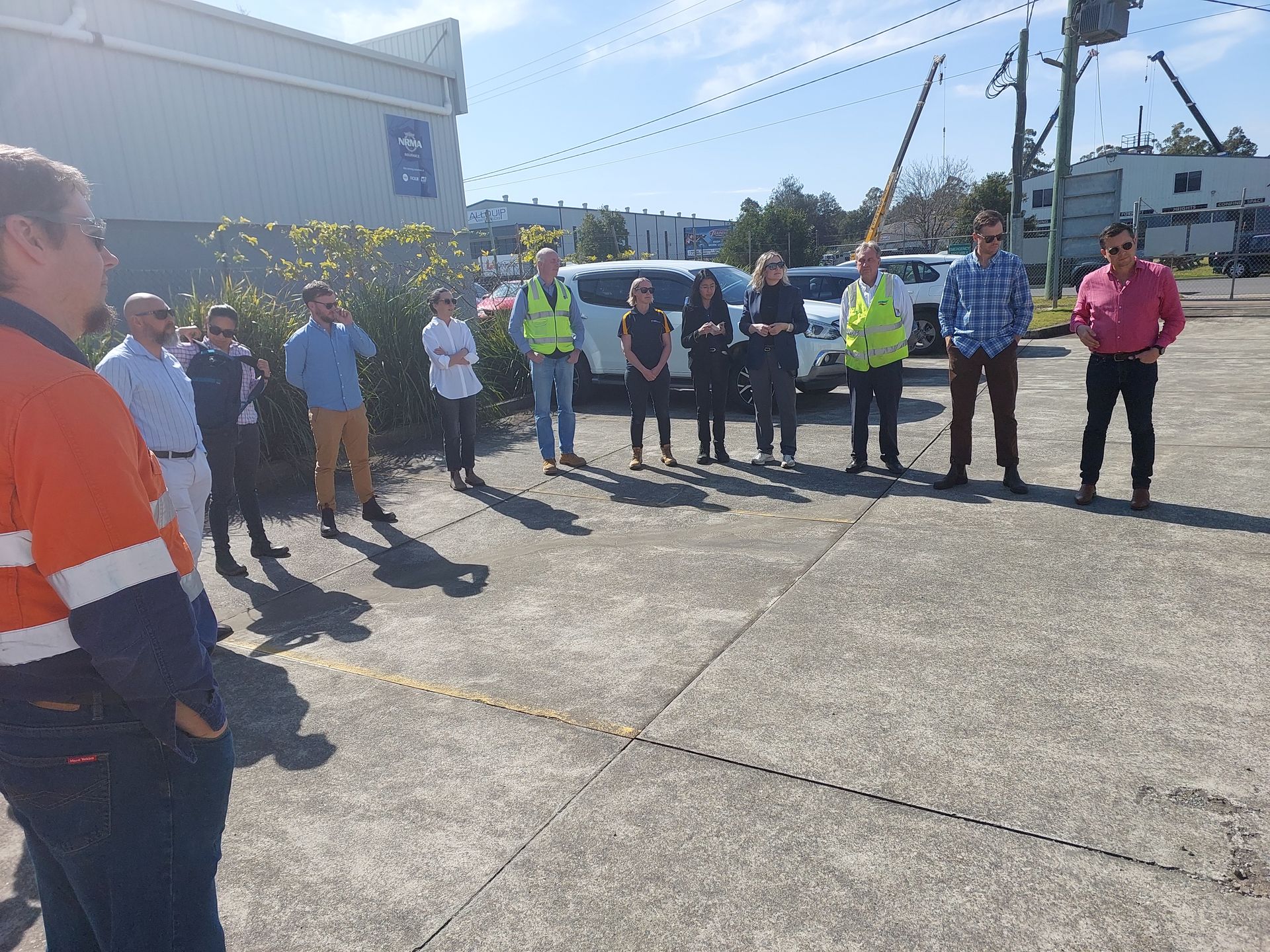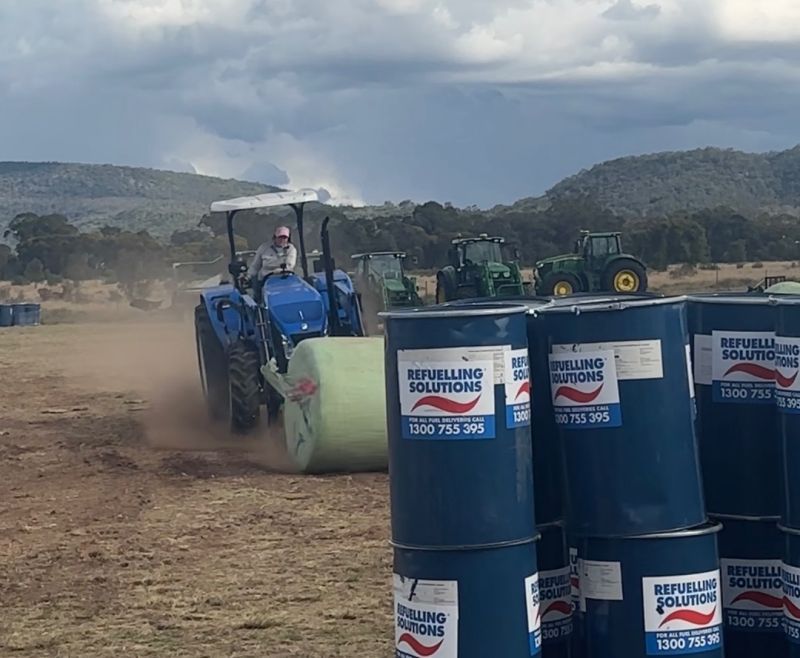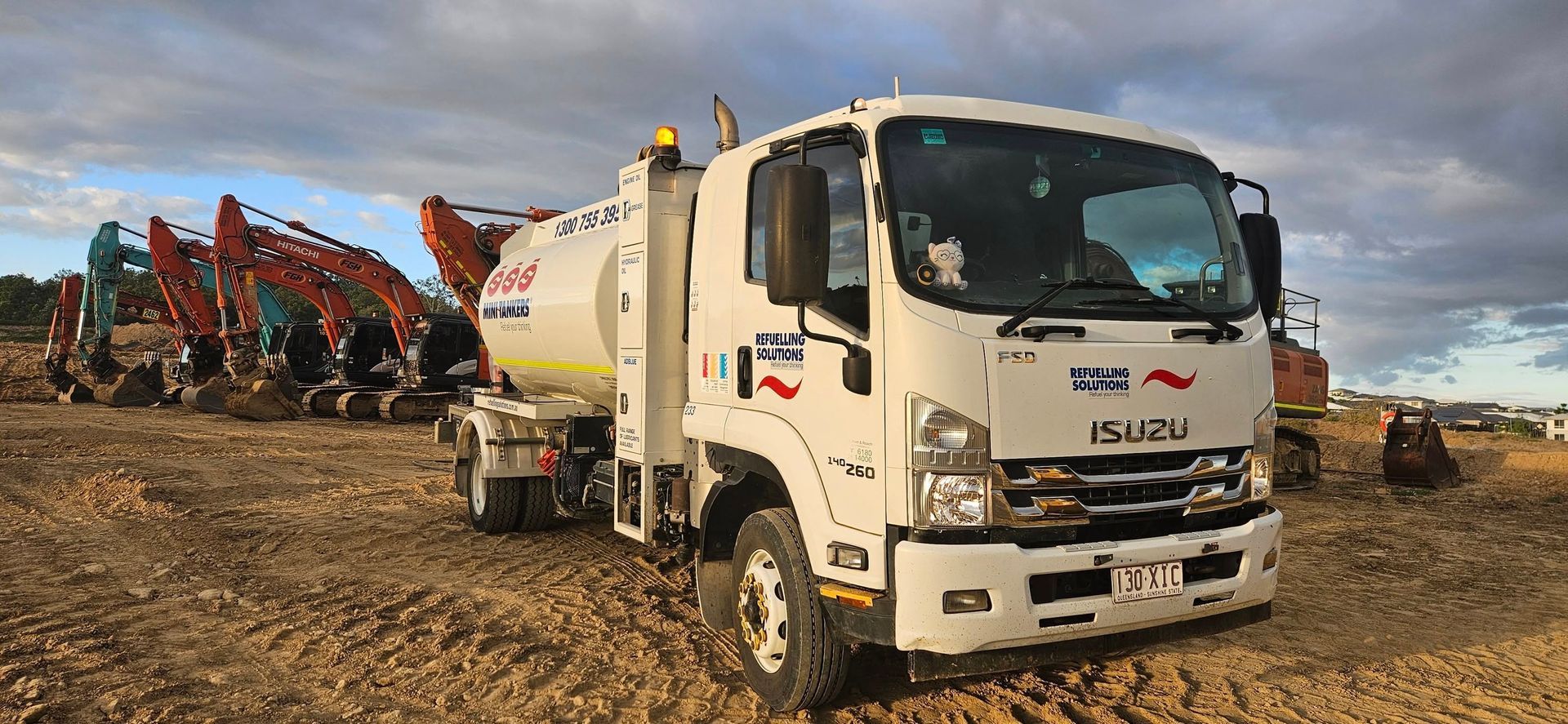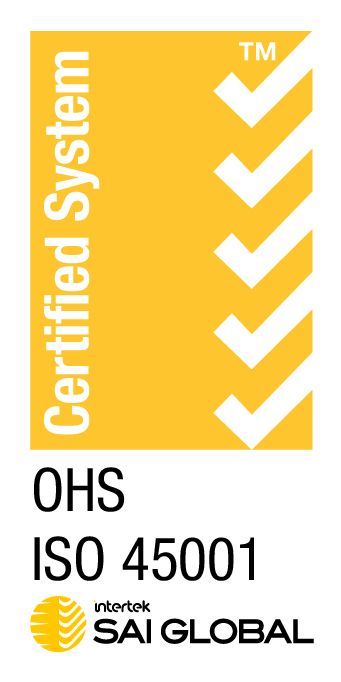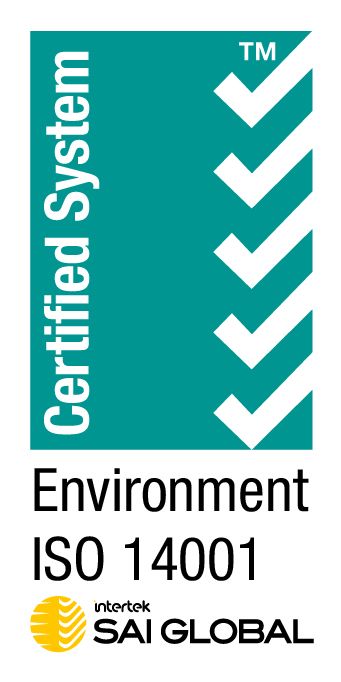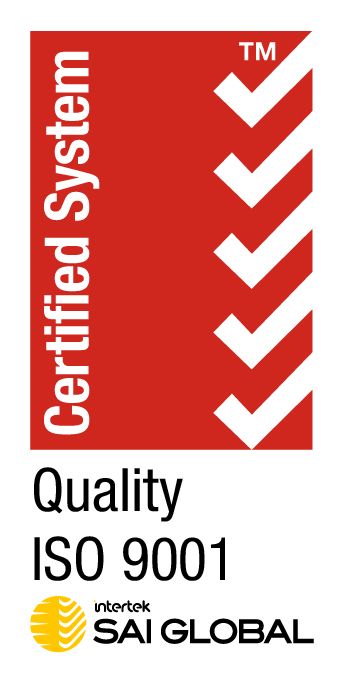How technology is changing the fuel delivery landscape
In every industry, technology and automation are becoming increasingly prevalent tools that are constantly developing to improve project results and efficiency, and that is certainly no different in the fuel delivery landscape. As industry leaders in fuel delivery across the nation, we take the time to learn about the current technological progressions occurring in the world and plan how we can incorporate these strategies to improve our operations. From advanced digital systems to automation and machine learning, this news piece will be taking a look at the various technological developments occurring in the fuel sector and how they’re setting new standards for refuelling operations.
Advanced technologies revolutionising fuel delivery
The fuel delivery sector is undergoing a significant transformation in improving operational efficiency and preventing dangerous accidents, with technology leading the charge. One of the biggest developments in this space over the past few years is automation and smart tank technology.
Smart tanks employ IoT-enabled sensors, which provide real-time fuel level tracking for fuel dispatchers to monitor and automatically deliver fuel when a client’s current supply reaches a predetermined level. Smart tanks can also predict refilling needs and improve on-site inventory management, enabling better optimisation of fuel resources and reducing the risk of fuel shortages. This also links to artificial intelligence (AI) and machine learning (ML) systems, which can forecast fuel demands, optimise fuel distribution processes, and ensure timely deliveries.
As well as this, fuel delivery trucks are equipped with sensors that can detect surrounding vehicles and obstructions, as well as GPS tracking systems that provide precise location data, enabling better route management and quicker response times. Together, these technological advancements are setting new standards in the fuel delivery industry, significantly increasing operational efficiencies and improving a range of safety measures.
Enhancing safety with technology
Any refuelling business knows that safety is paramount in fuel delivery operations. The industry has witnessed significant technological progressions that have redefined safety protocols, from comprehensive monitoring systems to automated safety checks. These new safety structures allow for the constant monitoring of vehicle conditions and driver behaviours, ensuring that any potential safety issues are identified and addressed proactively and mitigated in the future.
Refuelling Solutions has integrated several cutting-edge technologies to align its safety measures to the developing industry standards. One example of this is the use of our digital monitoring systems, and their ability to identify potential safety issues. We utilise a team tracking software called Deputy for our operators to log their shift start and completion times, as well as breaks and rest periods. This allows us to oversee job efficiency and any potential accidents that may have occurred, and ensure that all procedures are being followed. For further information on our other safety programs that we employ in our day-to-day operations, see our news piece on how Refuelling Solutions has developed our safety practices with our numerous digital management systems.
Eco-friendly innovations
The fuel industry is increasingly focused on sustainability and adopting eco-friendly technologies that reduce environmental impact. Innovations such as biodiesel and ethanol blends are becoming more prevalent, offering a greener alternative to traditional fossil fuels. Employing fuel monitoring systems also contributes to environmental sustainability by optimising fuel consumption and reducing unnecessary deliveries. As the industry looks toward creating a more eco-conscious future, we can expect continued growth in the adoption of renewable energy sources and further innovations in fuel efficiency, such as hybrid fuel systems and advanced emissions control technologies.
Challenges and limitations of implementing new technologies
Implementing new technologies in the fuel delivery industry presents its own set of unique challenges and limitations. One of the primary hurdles is the significant upfront cost associated with upgrading infrastructure and purchasing new equipment. Additionally, there is often a steep learning curve for staff, which can disrupt operations during the transition period. Regulatory compliance also poses a challenge, as new technologies must meet stringent safety and environmental standards before they can be deployed. Refuelling Solutions has dealt with all these challenges and more, allowing us to become a leading technologically advanced fuel supplier in Australia. To learn more about how our modern developments are paving the way for professional refuelling services, contact our knowledgeable team today.




